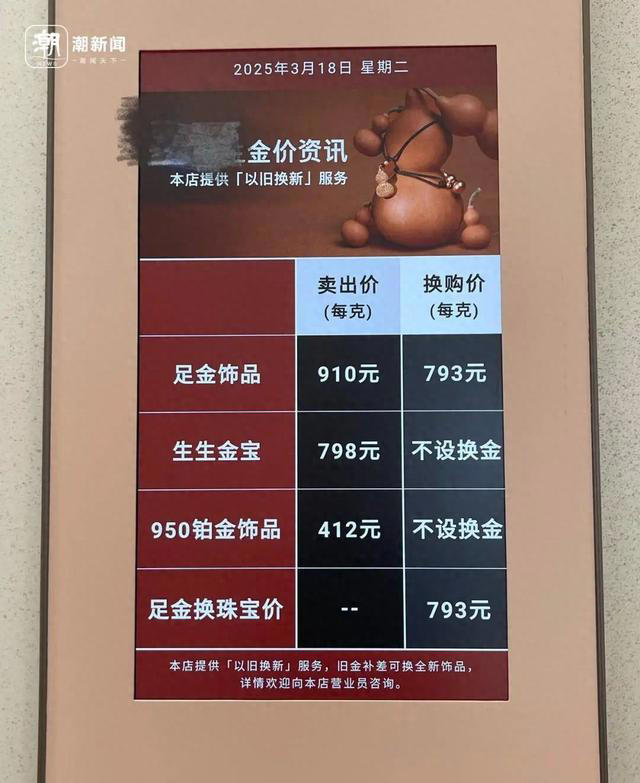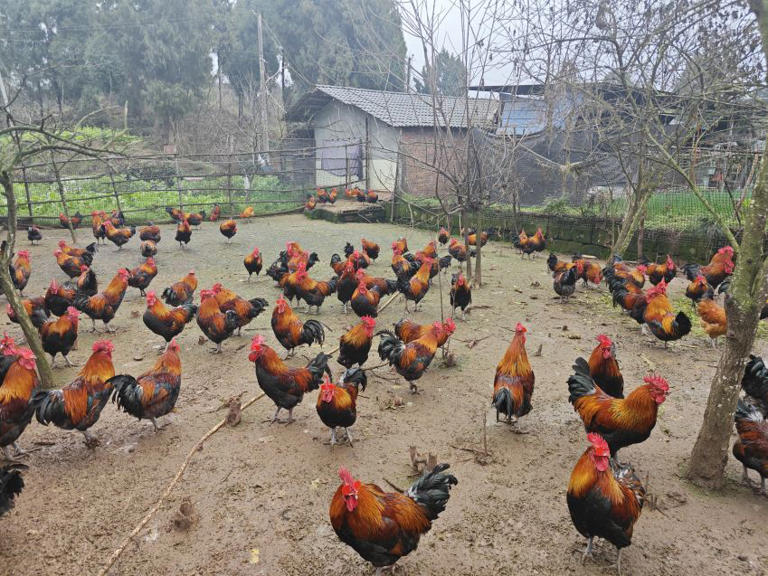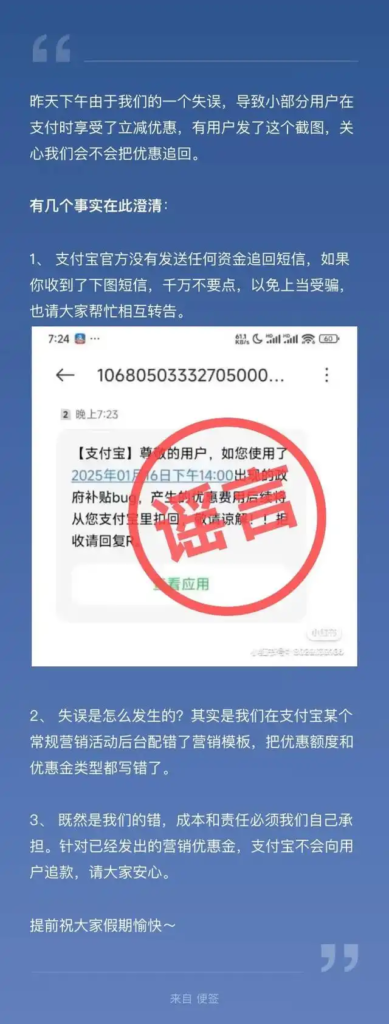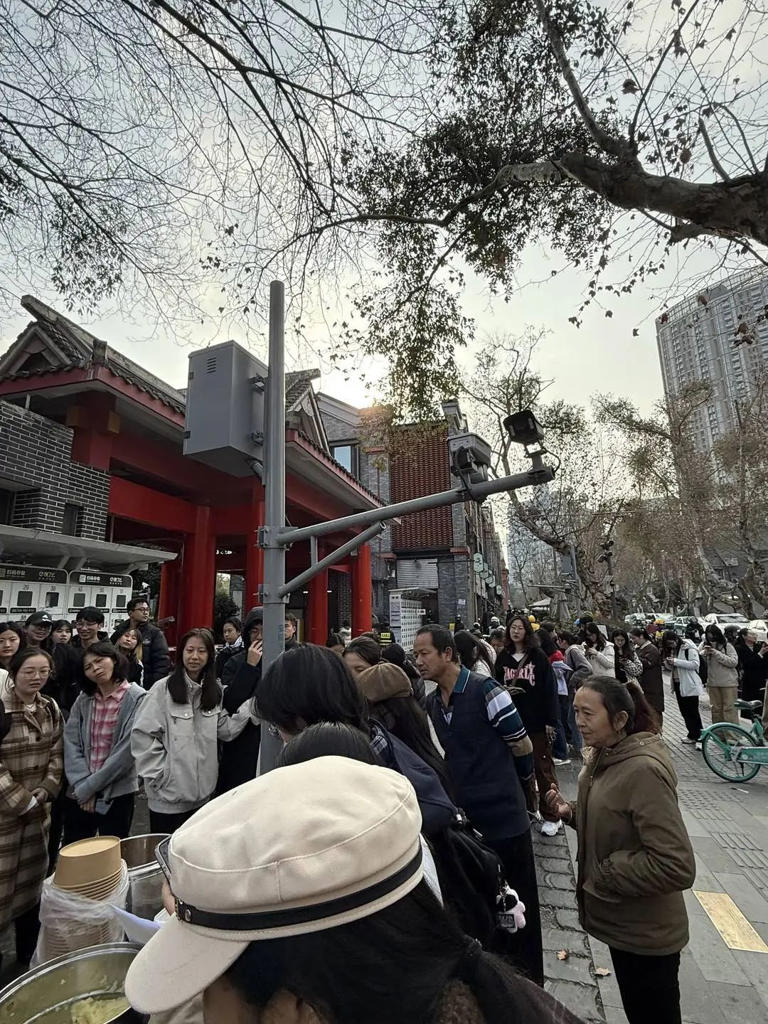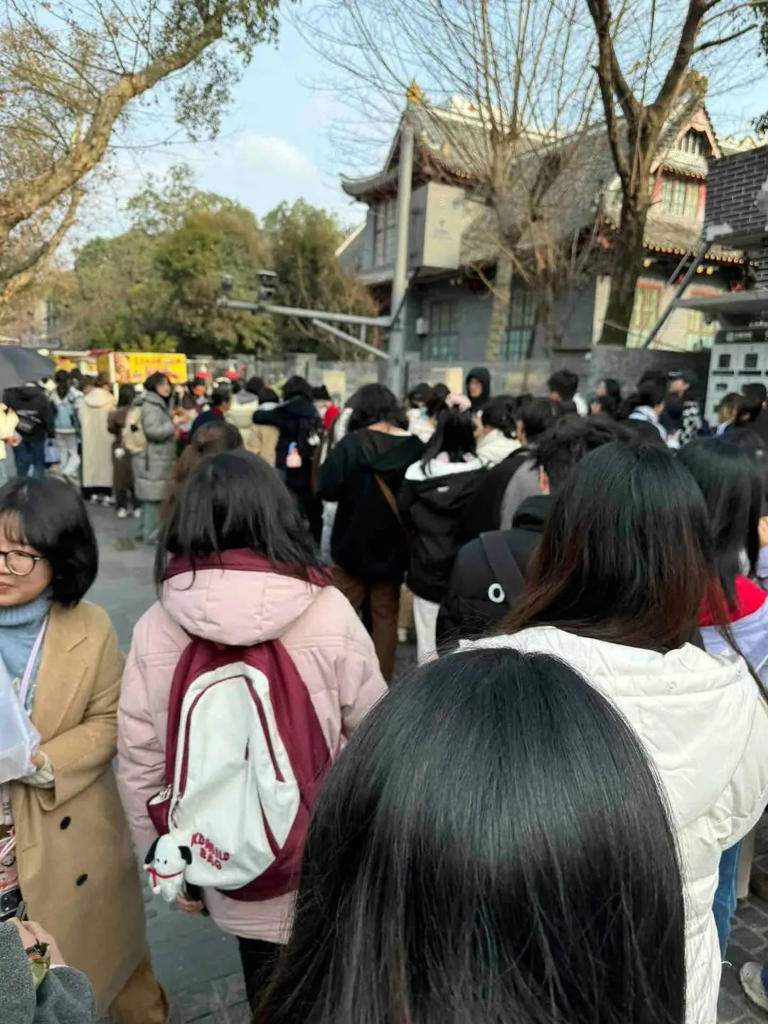On January 17, 2025, the China Securities Regulatory Commission (CSRC) issued the Basic Rules for the Discretion of Administrative Penalties of the China Securities Regulatory Commission (hereinafter referred to as the “Discretionary Rules”), which will come into force on March 1, 2025

Regulating administrative discretion is a key part of advancing the construction of a rule of law government. Refining and quantifying the principled provisions in laws, administrative regulations, and rules, or the scope of law enforcement authority and discretion with a certain degree of flexibility, is directly related to the uniformity of law enforcement standards and regulatory authority, and is of great significance for promoting fair law enforcement and stabilizing market expectations. In recent years, the Securities Law and the Futures and Derivatives Law have been revised and promulgated, and the upper limit of the range of fixed penalties and multiple penalties has been raised. Therefore, it is necessary to formulate and issue special rules for the discretion of administrative punishments, clarify the echelon of administrative punishments, unify the discretionary standards of various law enforcement agencies, and provide institutional guarantees for the fair development of administrative law enforcement work.
From June 7 to July 7, 2024, the CSRC solicited public opinions on the Discretionary Rules, and listened to the opinions of relevant parties by convening forums and soliciting opinions in writing. All sectors of society generally support the content of the “Discretionary Rules”, and the CSRC has carefully studied the amendments and suggestions put forward for improvement, and all reasonable suggestions have been absorbed and adopted.
There are 25 articles in the Discretionary Rules, which mainly include the following:
The first is to clarify the order of discretion and the circumstances of discretion. Set up six levels of discretionary order, such as “no punishment, no punishment, commutation of punishment, lighter punishment, ordinary punishment, and heavier punishment”, and stipulate the applicable circumstances of each discretionary order.
The second is to clarify the relevant penalty rules. For joint violations, establish a discretionary rule of “first determining the whole and then distinguishing the punishment”. For the directly responsible personnel of the unit, comprehensively analyze and determine the size of responsibility and the range of punishment from aspects such as their role in the illegal conduct, their position and performance of their duties, the degree of knowledge, and the actions taken after they became aware. For multiple violations, the basic rule of “cumulative punishment for multiple independent violations” is clarified.
The third is to establish a system of approval or collective discussion by the main responsible person. Where administrative punishments are given for complicated circumstances or major violations, a decision shall be made through collective discussion by the responsible person. If the application of the Discretionary Rules may be obviously improper or unfair, or if the objective circumstances have changed and need to be adjusted, it shall be approved by the principal person in charge of the CSRC or decided through collective discussion.
Fourth, implement “three-dimensional accountability” and “execution linkage”. The administrative punishment of securities and futures violations is linked to criminal liability, civil liability, administrative supervision measures, and self-discipline management measures. It stipulates the handling of three types of “execution linkage” situations.
Fifth, strengthen the supervision and guidance of the China Securities Regulatory Commission. It is clarified that the China Securities Regulatory Commission shall supervise and guide the exercise of the penalty power by the dispatched agencies, so as to achieve a unified application of penalty standards.
In the next step, the China Securities Regulatory Commission will strictly implement a series of decisions and deployments of the Party Central Committee and the State Council on administration according to law, further standardize and unify the discretionary standards for administrative punishments, ensure the fairness and transparency of law enforcement, implement the provisions of the Securities Law, the Administrative Punishment Law and the Discretionary Rules, and form a clear, logical, scientific, complete and effective administrative punishment discretionary system as soon as possible, further stabilize market expectations, maintain fairness and justice, and build a safe, standardized, transparent, open, dynamic and effective administrative penalty system. Resilient capital markets provide stronger legal safeguards.

 Entering China
Entering China
